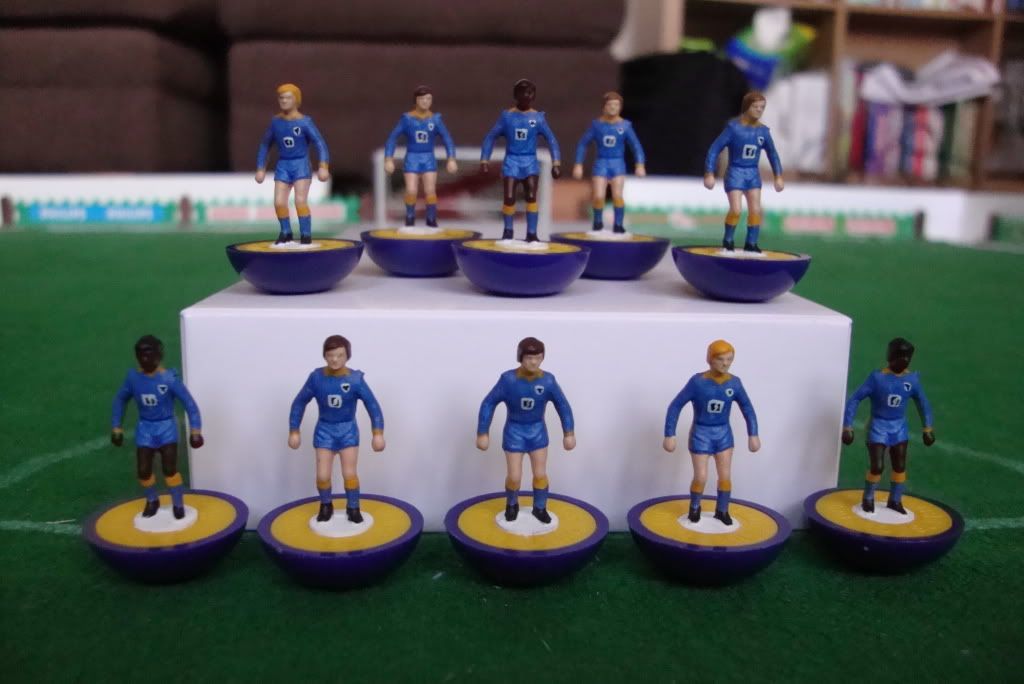A few minutes into the second half on Tuesday night I started to wonder whether what I was watching was real. We were a 1-2 down and although it was clear there were going to be more goals, there was no pattern or structure to the game and it was impossible to tell who was going to score next.
It was more like basketball. Goals weren't really celebrated; both teams would just keep scoring until the referee told them to stop, at which point they'd tot up the goals and find out who'd won.
We were staring at a seventh straight loss; nobody loses seven games in a row. Even the worst teams pick up the odd point here and there. If this was a set of laboratory statistics, the scientists would have dismissed them as a freak occurrence. We'd never had a run this bad before, but it didn't make sense that our worst ever run was down to our worst ever team. It's not a great team, but it is not our worst. It just isn't.
The problem was partly physical; we have injuries everywhere, teams are usually built on partnerships and there wasn't a single partnership in Tuesday's line-up that had played more than 10 games together in the last year. Unless you count Potter and Batt on the right; but that's hardly a telepathic combination along the lines of Beckham and Neville.
The problem is psychological. Players and fans alike were stripped of any belief that we could pick up any points at all. Like a deep depression, we were drifting through the game without actually participating in it. After we conceded the first goal, a bloke behind me was berating Chris Wilder for not 'going fucking mental' at the team. But the team didn't need telling that their defending was atrocious, it goes way deeper than that. And all the while we're expecting Wilder to cure this deep psychological trauma.
There is nothing that Chris Wilder can do apart from tough it out and hope something sparks life back into the team. It came from some unlikely sources. There were better footballing performances, but Harry Worley came on and took some ownership in dragging us out of the mire. I like Worley's attitude, he hasn't got the class of Wright or Duberry, not yet anyway, and he looks like the kind of player who spends too much time moisturising, but he's surprisingly dogged and committed. Faultless it wasn't, but he was not scared to carry the ball, throw himself at corners, and chuck himself in front of shots.
Dean Smalley, a player who has not had the happiest time at the club, seemed comfortable in the gloom around him. Perhaps his rotten time at Oxford has taught him that any success was going to have to be down to him. He was bullish up front throughout. And Simon Heslop who has looked like he'd be quite happy just to walk off the pitch and out of football forever at times this season also seemed keen to make a difference.
Let's not kid ourselves; we could have conceded five. And while we're still a long way from competing at the top of the division, Tuesday was essential in knocking down some of the immense psychological barriers this team has managed to build around itself in recent weeks.

No comments:
Post a Comment